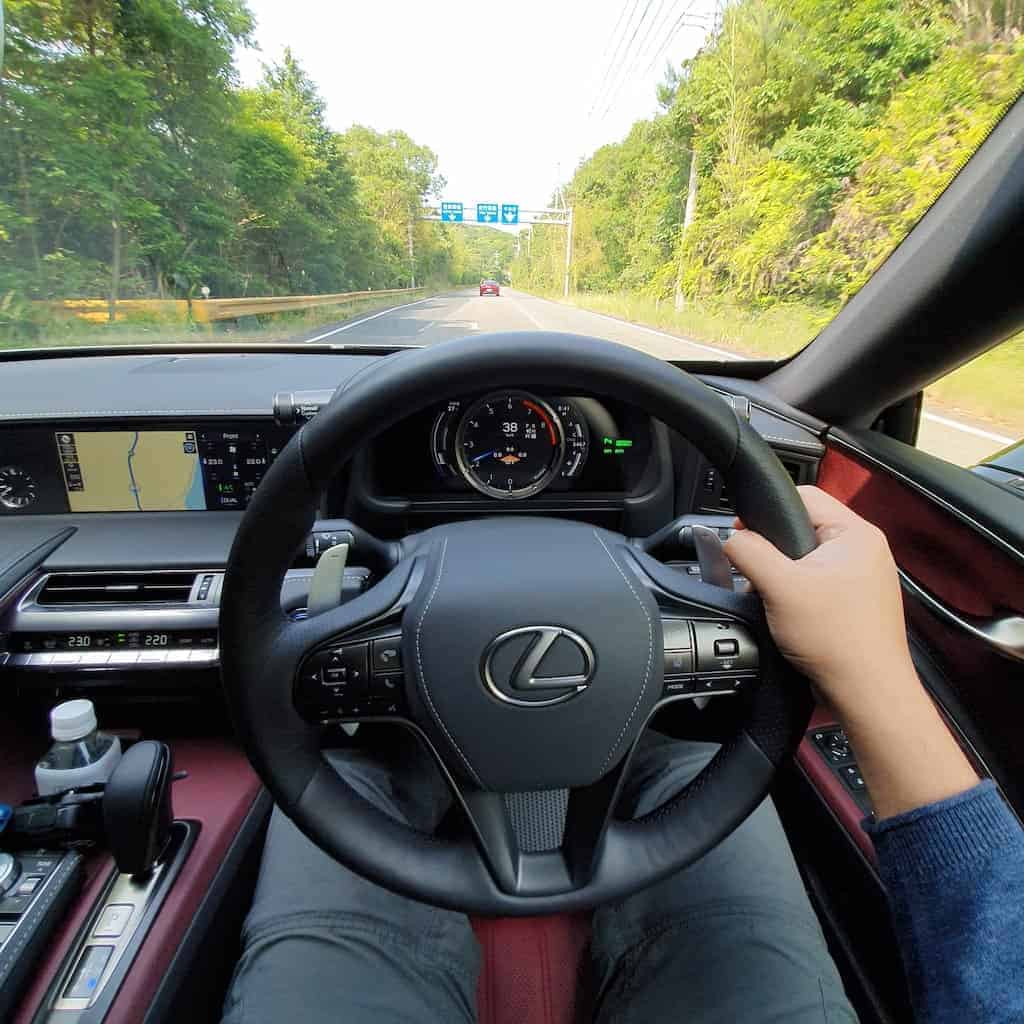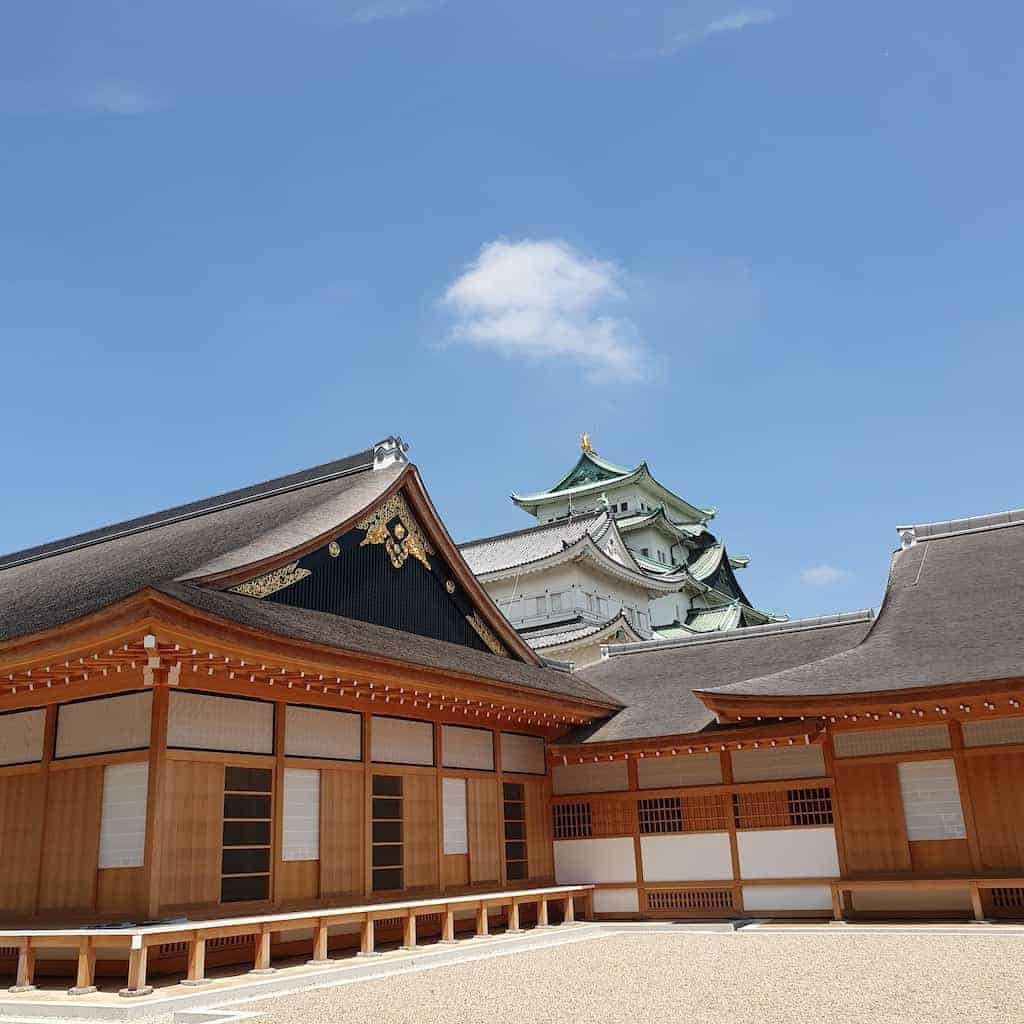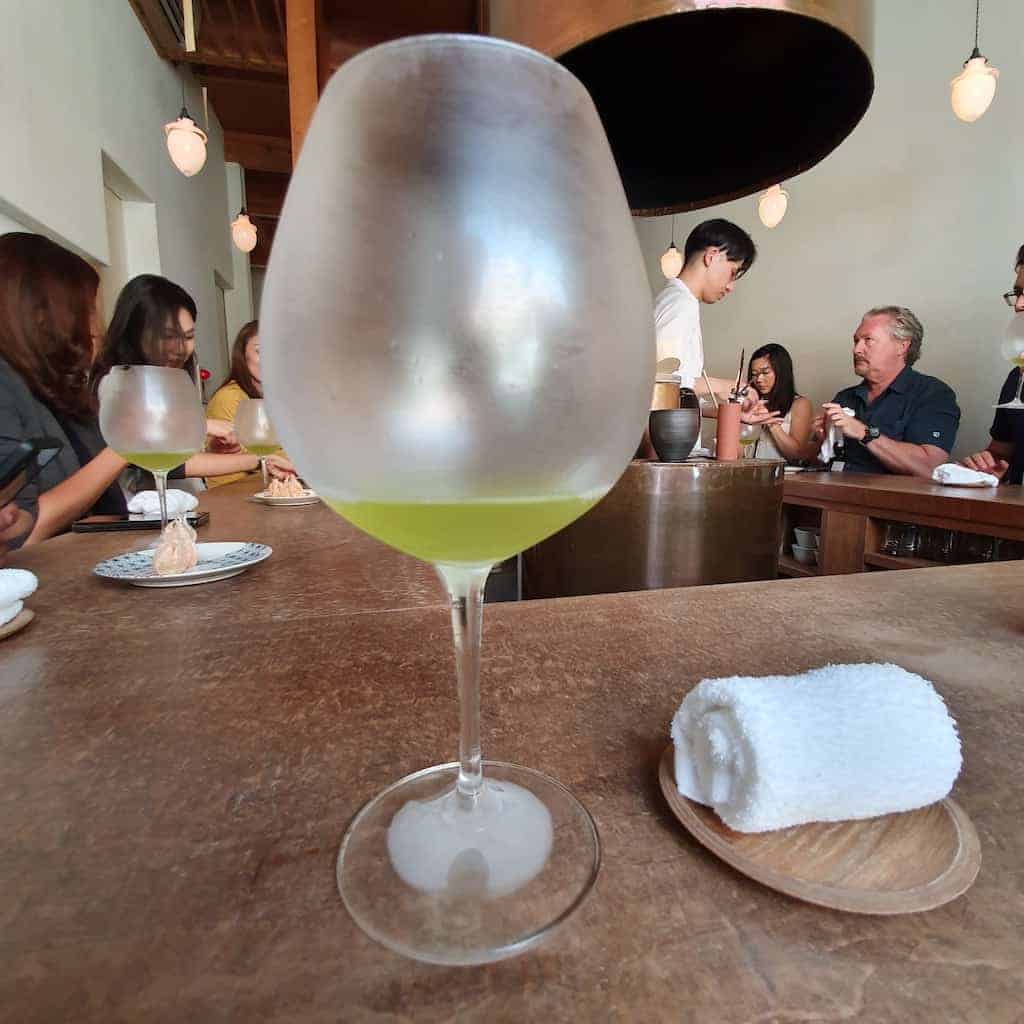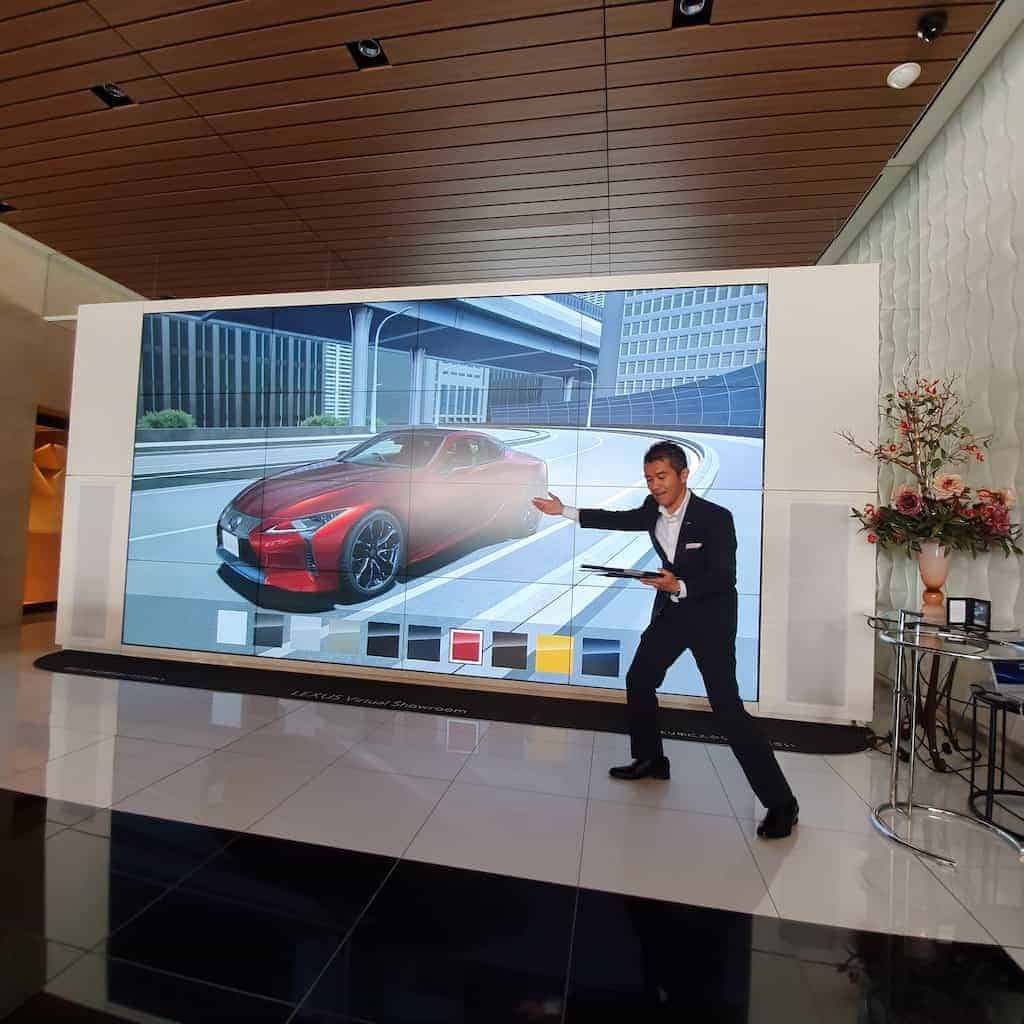Verily, you make certain assumptions when you consider certain brands – including car marques. Earned or not, deserved or not, we ascribe values and expectations which may be a function of pricing, personal experience, and/or even the latest snazziest TV advert.

in Fukuoka. | This photo by Carlo Ablaza
The same tendencies obviously apply to your friendly neighborhood motoring scribe, even if ours is shaped through more direct (i.e., seat time) means. Still, we are not averse to going back to the beginning, as it were. If a manufacturer wants to explain itself more deeply, we’re definitely all ears.

That’s how I’d describe our recent trip to Japan upon the invitation of Lexus. To be clear, it wasn’t a reset, but a leisurely walk back and relaxed explanation of what the Japanese brand is all about. They’re ready to talk.
At the outset though, the curiously branded as the “Lexus Cultural Experience,” expectations as to the bottom line for the trip was rather nebulous — admittedly hard to extract images from. You see, we journos invariably look for the “bottom line” of events/trips. Namely, what model is a brand pushing or hoping to highlight?
There was none, as the trip was meant to be “an immersive experience in the land of our brand’s heritage, Japan – a country of global innovation, cutting-edge lifestyle and culture, and exquisite cuisine,” according to Lexus brand department vice president Carlo Ablaza, who accompanied me and fellow scribe Alvin Uy on this once-in-a-lifetime, highly curated trip for the senses. “This is the first time we’re doing something like this,” he told me.

cost 15 billion yen to make.
We rode the shinkansen (bullet train), partook of excellent Nagoya unagi (eel) and the exotic fugu (pufferfish), put on yukatas, and were taught to do an onsen bath. Though we drove a couple of Lexus vehicles, our itinerary yielded no specific models of focus. Driving them on pristine Japanese roads from the Shin-Yamaguchi Station down to the Miyata plant.
A highlight in a trip of highlights was a rare peek in the Lexus design “mother ship” at the Toyota City in the Aichi Prefecture. Described as the “nucleus” of the Toyota’s design activities since 1948, the “studio accommodates the entire creative process, from rough sketches to 3D renderings and prototypes. The top floor has a 200-ton retractable roof, so that new models can be scrutinized in daylight, in complete secrecy, while another floor is equipped with a full-size theater and a virtual reality suite for assessing computer-generated designs,” according to a Lexus release.

Obviously, there are lots of secret, proprietary goings on at the Design Dome, so we had to surrender our photographic equipment (including our smartphones). Luckily, I brought my recorder which captured key quotes of a precious sit-down with Lexus executives.
This was prefaced by Lexus general manager for global PR communication Hiroo Togashi’s talk where he declared that the company wants to create “cars that make you say ‘wow.’” He spoke of meticulous attention to detail, “anticipatory hospitality,” and how Lexus looks at every moment as precious.
Crucially, Togashi connected the Lexus brand to the Japanese culture – one of many nuances. Do you know, for instance, that there are 400 Japanese expressions to describe rain? Do you also notice the fine attention to detail in, say, a Zen garden? Do you ever wonder why Japanese restaurants always provide diners with hot or cold towels? These moments of thoughtfulness or detail form part of the Lexus DNA.

Lexus design division general manager Koichi Suga said, “we are passionate about design because we believe in its power.” It’s about uniqueness, seamless anticipation, and incisive simplicity.
Instead, we had an array of destinations and promising experiences – many of which seemingly had no connection to cars – let alone Lexus.
We were privileged to have Lexus International Corporation president Yoshihiro Sawa sit down with us for a couple of minutes at the Design Dome. Wheels asked him for the reason behind the Lexus Cultural Experience. “As you may know, we’re trying to be a luxury lifestyle brand,” he began. “Luxury consumers really appreciate the special experience, the special moment rather than just luxury products (themselves). (For Lexus), to provide an unforgettable moment together with the product will be very important from now on.”
He continued: “That’s the reason why we provided lots of activities… driving experience, food and wine experience, design experience. That kind of connection, based on the Japanese sense of beauty is what makes our brand unique compared to other established brands.”
Sawa conceded that Lexus is a young marque compared to its segment competitors, so the mantra is about being different. Lexus is now publicly embracing what is probably its greatest unique value proposition – that it is unapologetically Japanese – to present its portfolio of vehicles. “Japanese culture based on our concept is very important,” Sawa maintained. “Japanese food, animation, and art is very accepted around the world, and our brand is really based on our cultural expression.”
For Lexus today, to be proudly Japanese is exactly the same as being world-class and premium. Surely, that makes a lot of sense, and is an analogy worth the senses.

